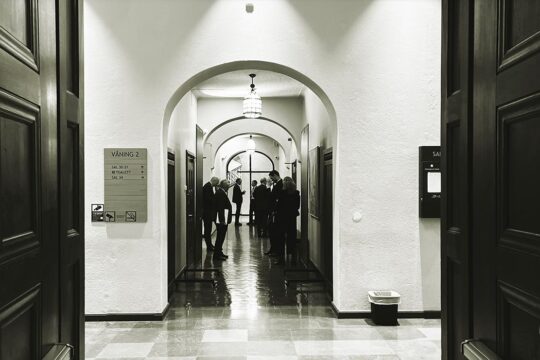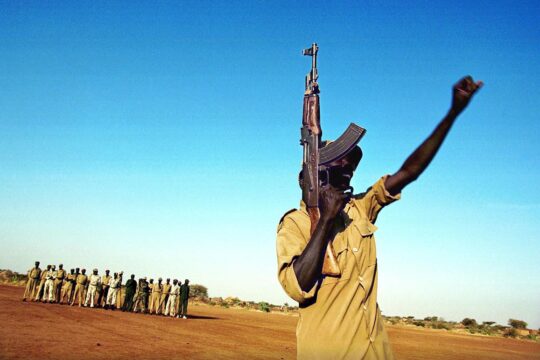South Sudan marks five years of independence on Saturday, with a peace deal stalled, violence ongoing, and hunger the worst it has ever been.
Tens of thousands have died in the war that started in December 2013 in the world's youngest nation, and conflict continues despite the forging of a unity government.
- Fighting -
Violence is ongoing, including between multiple militia forces who pay little heed to either President Salva Kiir or his former rival turned Vice-President Riek Machar. Although the scale of battles has eased, clashes have taken place across the country.
In June, fighting in the town of Wau -- now the country's second city after Malakal, Bor and Bentiu were razed during the war -- forced some 88,000 to flee their homes, with almost 20,000 seeking shelter beside a UN base.
UN aid chief for South Sudan, Eugene Owusu, expressed "shock and outrage" earlier this month after visiting the town where people described "horrendous acts of violence" with bodies left scattered on the streets.
Molla Hailemariam, an Ethiopian major-general heading the internationally backed ceasefire monitoring team, said he was "deeply concerned" at recent fighting with "limited progress" in implementing the peace deal.
- Peace process stalled -
The two sides are deadlocked over where troops from their respective armies should gather -- designated cantonment sites where troops are meant to surrender weapons -- and are arguing over the number of states.
Last year Kiir ordered the number of regional states be nearly tripled to 28, undermining a fundamental pillar of the power-sharing deal.
Ceasefire teams have meanwhile been repeatedly blocked from accessing key areas.
- Famine warnings -
Nearly five million people -- more than ever before -- need food aid to survive, the UN warns.
Over two million people have been forced from their homes since the war began, with over 700,000 fleeing as refugees to neighbouring nations.
A report by the Integrated Food Security Phase Classification (IPC) organisation singled out areas of Unity and Bahr el Ghazal states as hardest hit.
According to the IPC analysis, conditions in some areas have already reached the most severe category of "catastrophe" or "phase five". However the technical term "famine" is not declared until those conditions are faced by a fifth of the population.
- Economic collapse -
South Sudan is struggling with soaring inflation caused by the war, rampant corruption and the near collapse of the oil industry upon which the vast percentage of government foreign exchange earnings depend.
The International Monetary Fund (IMF) has warned the economy is in ruins with inflation at almost 300 percent and the currency slumping by 90 percent this year.
Central bank international reserves to cover imports "have dwindled to a few days" the IMF said this month, with the government's deficit expected to top $1.1 billion (999 million euros) this year, some 25 percent of GDP.


